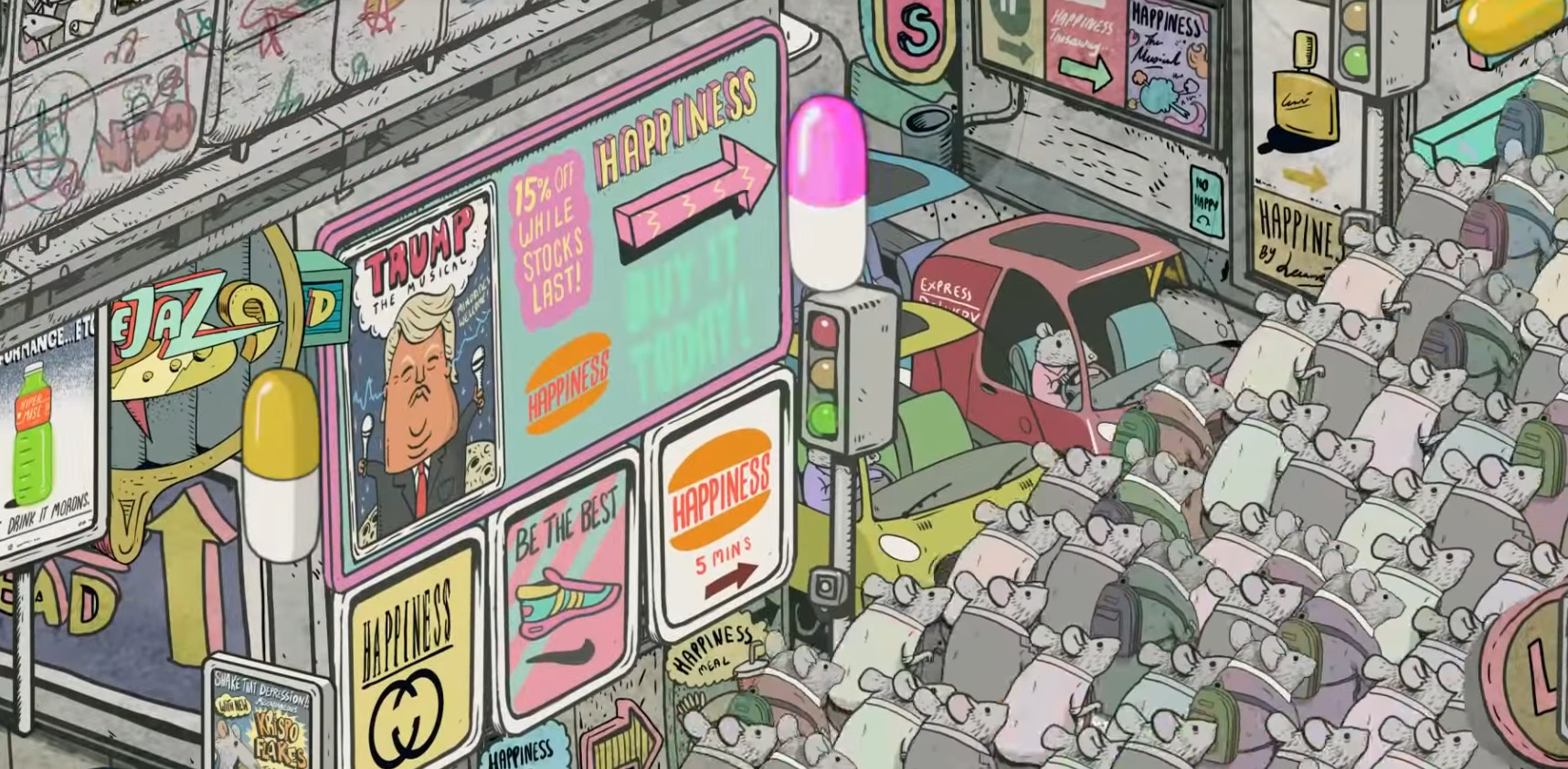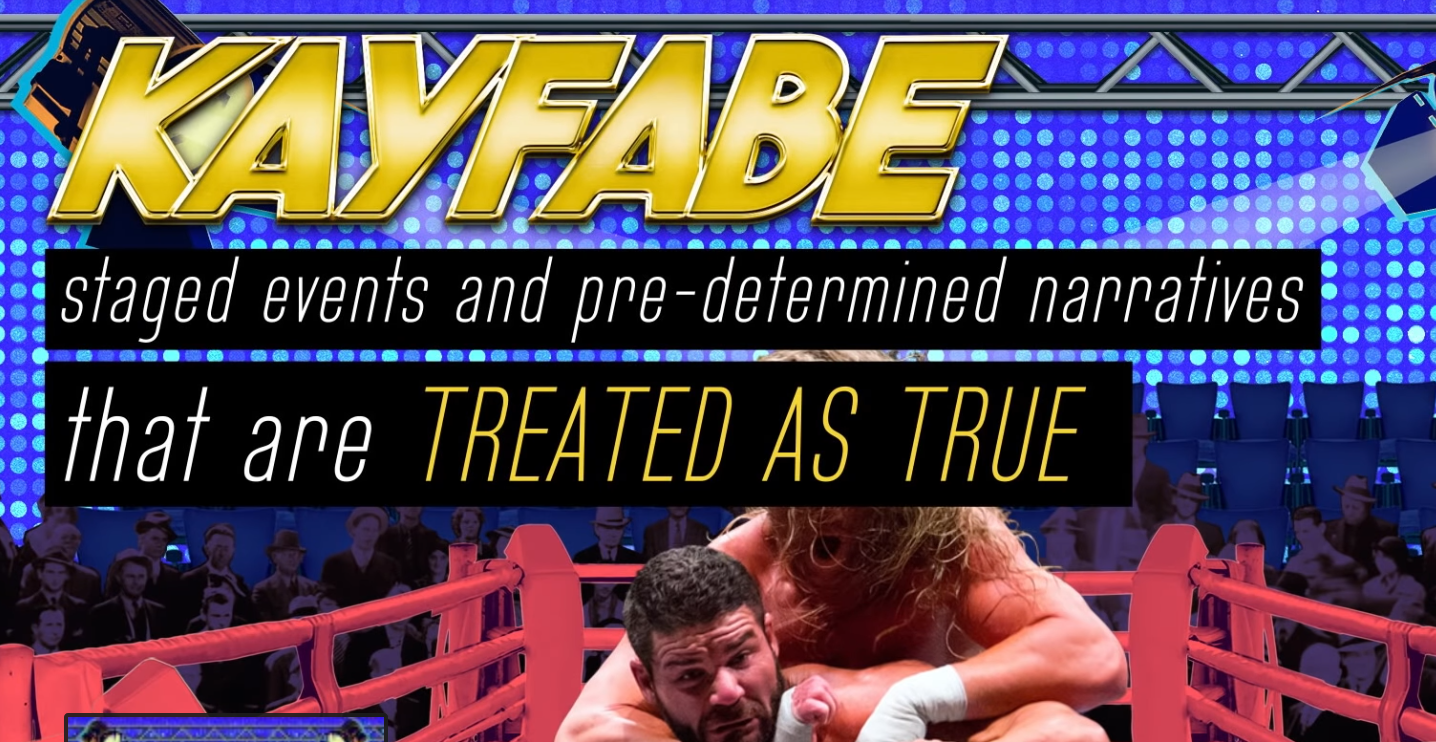
What does it mean to be a professional writer?
How do we define an amateur writer versus a professional writer?
When we think of professionals, traditionally, we think of someone who receives payment for their talent output. However for some tasks, like writing, I don’t think that’s completely accurate.
That definition of professionalism is driven by an assumption. A bet that if someone is willing to pay for another’s work product, it must have better value than someone who isn’t paid.
To that notion, I think NCAA players, especially when you think back to a NCAA-league-playing Lebron James or a young Michael Jordan playing for North Carolina refute that. Both basketball players were exceptionally talented in the unpaid stage of their careers. They were likely more talented than most of the people in the NBA being paid millions at the time.
So why weren’t they professionals? Why wasn’t I a professional writer, even though I was paid?
When I was young, I too thought being a professional was just being paid. That money validated worth. I could peck on a keyboard and produce lines of text that looked just like what any copywriter at a big ad agency was doing. But for me, that didn’t make me a professional. I thought that, until people expressed a vote of confidence in my craft by paying me, ONLY THEN would I be a professional copywriter.
After beating on agencies’ doors with a pizza bag of spec work, eventually I got paid to write. I started as a paid intern at Ogilvy and that lead to my first job as a Jr. Copywriter at what is now BBDO. While I had some great ideas and won some creative shootouts early on, I’ll now admit, much of my output wasn’t my best work.
But why? I was getting paid. I had ideas that impressed people that hired me and their clients. I must be good.
In retrospect, I look back at that time with the perspective of Star Trek’s William Shatner who is credited with saying…
”An amateur is likely more talented, but a professional can do it at 8.”
While I could come up with some great ideas back then, it took me FOREVER to write copy. So much, I’m surprised I didn’t reach retirement age and earn a pension after finishing some projects. Things I can do now in minutes then took days. That’s because every part of drafting copy back then was torture. A process of constantly overthinking and struggling…with…every…word…tapped..into…the…screen.
While I understood the fundamentals of writing and had some great ideas, I was afraid of the words I strung together. I conservatively hedged my bets in the use of language instead of boldly producing strong content.
As a novice (even as a paid one) you simply don’t have the experience and practice to understand what to focus on when you write. As a result, you don’t make the bold choices and decisions that truly professional writers make consistently and unconsciously.
Back then, it also didn’t help that this anxiety would tee up moments that shook my confidence. Often after spending a day struggling on a project, I’d carry this barely alive, flat-lining idea into my boss’ office for review. Instead of giving it last rites, I’d watch them make the idea amazing with a couple of copy tweaks.
As Shatner said, my boss could do it at 8.
Why? He (and some she’s) were armed with experience. That magic I saw was true professionalism. And that’s why, at this time in their careers, they were billing for their time at hundreds an hour while I was only billing around 60 an hour.
A true professional earns their title by experience.
Raw talent can produce amazing things. However, getting amazing from raw talent is still a crapshoot. Experience, discipline and the ability to know what to focus on turns that volatile talent into trusted, consistent professionalism.
Though I’m paid as a writer and content strategist (and now one who can do it at 8), most people don’t know my background is in illustration. In fact I took public and private art, design and illustration lessons from early childhood through college. I have the technical skills of a designer, but not tested in the working world. While I understand design fundamentals, it certainly doesn’t mean I can be a professional, much less efficient designer.
In fact, when I do work on some design projects, I’m learning the same lesson I did with writing. It takes much longer. That’s because I’m learning and guessing more than executing the design with clarity, focus, a vision, and experience. The muscles aren’t disciplined to be precise. My mind can’t focus on what’s important to bring out in the design. I’m seeing things for the first time, rather than being able to build off of the last time. So, for me, design is once again, torturous, uneven, and overthought.
There’s a reason professions are called practices.
The true skill and offering of a professional comes from the process of transforming strong knowledge into experienced skill.
To be able to do that means they’ve had practice. A doctor may have read and passed a written test on how to do a heart surgery, but it’s very different to do one without the experience of not having done one before.
That’s why some internships and residencies allow physicians the time, often years, to take their knowledge and talent and sharpen it until it’s delivered efficiently. The practice of doing it again, and again, and again, possibly for years is the price you pay to be a true professional.
Writing is an ongoing practice. While you may have talent, most of us still need time to turn that talent into a professional level of value. I did. Especially if you do get to the point you bill 100s and hour like I have.
The Plumber Story.
It’s like the story of a man who calls a plumber to his house to handle a problem with his pipes.
Once he arrives, the plumber checks around, pulls out his pipe wrench, and bangs an area of pipe a few times. Problem solved. And in just 10 minutes. The plumber then presents a bill for $200.
The homeowner objects to the high bill. “$200 for banging on a pipe? Why on earth do you deserve that!?”
The plumber takes back the bill, details it and hands it back. The bill now reads:
Banging a pipe with a pipe wrench: $2.
Knowing to bang the pipe with the wrench: $99.
Knowing where and how to band the pipe: $99.
A non-plumber or even an amateur plumber would have spent more time to solve the problem. And possibly even more money.
As a professional plumber, he could do it at 8. Or in this case 10 minutes. A professional writer, like the plumber banging on the pipe, is not about being paid to just write words. They’re being paid so much because they have the experience to know which ones to choose.































